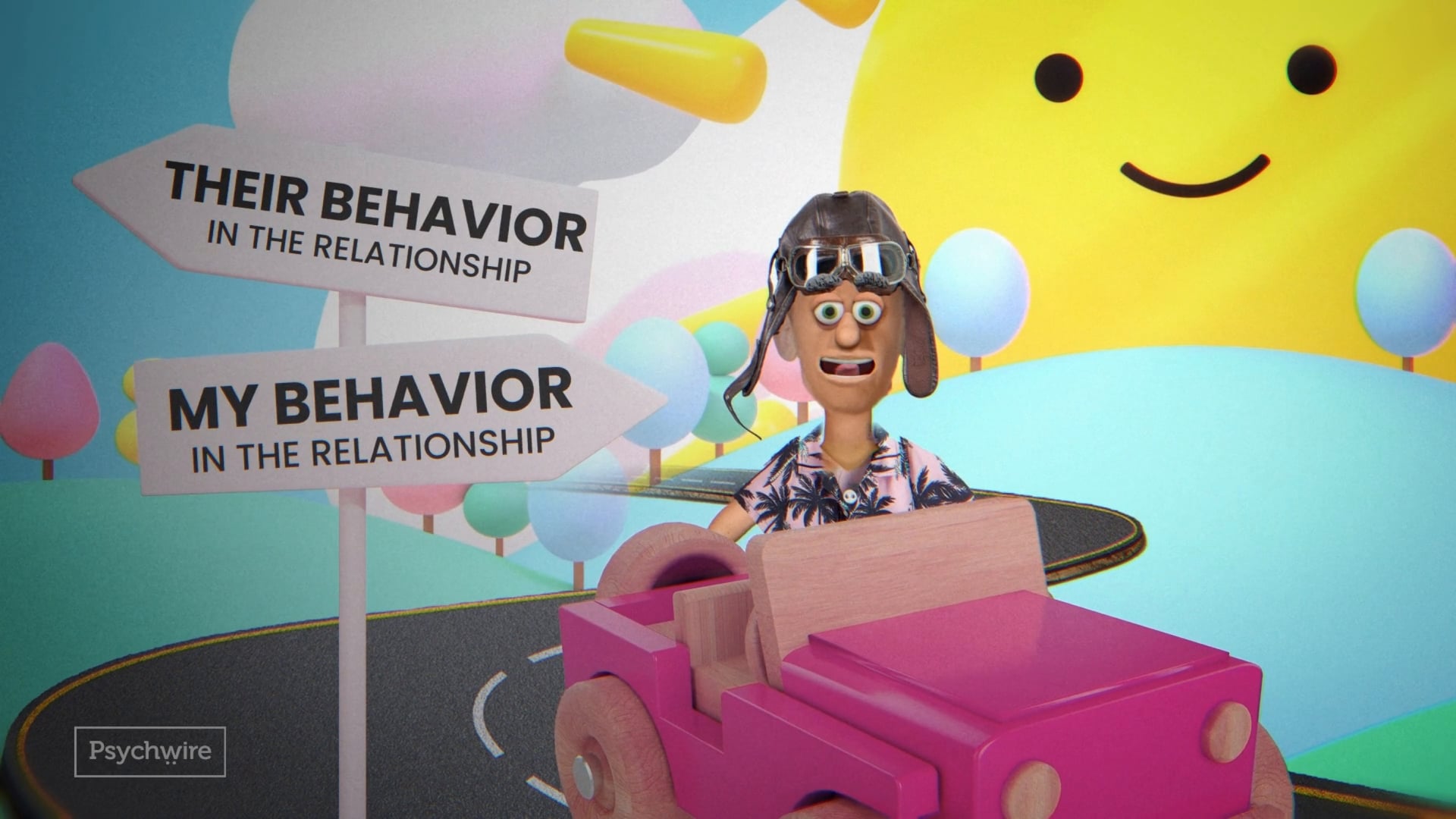
Setting Personal Boundaries
 ACT for Perfectionism and People Pleasing
ACT for Perfectionism and People PleasingSetting personal boundaries. Now for most of our people-pleasing clients, this is gonna be by far the most challenging, difficult assertiveness skill of all. Typically, triggers a lot of anxiety, a lot of fusion with reason-giving and for clients that have had traumatic childhoods or childhoods full of abandonment or neglect or strict disciplinarian parents, often lots of painful memories too. If we come back to this idea of an exposure hierarchy and working through it to more and more challenges, more and more difficult stuff, then for most people this is gonna be right at the top of the hierarchy. For most people, these are the most challenging, difficult conversations to have.
Setting personal boundaries draws on all the other assertiveness skills. You need to know your personal rights. You need to know how to ask for what you want and decline unreasonable requests. You need to know how to give open, honest, negative feedback when appropriate, and how to share your genuine feelings and ideas and opinions on things. So all of those assertiveness muscles need to be built up first usually before you can then go on to this kinda which is like squatting with the really heavy weights.
Now, that's not always the case. I'm just saying for most clients that's the way it goes. Personal boundaries are basically guidelines for your relationships with anybody, with your friends or your family or your partner or your parents or people at work. The guidelines and limits for your own behavior, what you want to put into these relationships and what you don't want to put into them, and also for the behavior of the other person, what you will accept from them and what you won't accept. Setting healthy personal boundaries is a two-way street. It's looking at my behavior in the relationship as well as the behavior of the other person.
And the only way that I can shape or influence the behavior of the other person is through changing my own behavior. And this is why there's so much emphasis on developing psychological flexibility skills and assertiveness skills. Only when I'm able to handle my own difficult thoughts and feelings and barriers to assertiveness and able to actually use my ability to make requests and give negative feedback and ask for what I want in a way that's fair and respectful to the other person, only then am I really likely to effectively set healthy personal boundaries in a way that's good for the relationship.